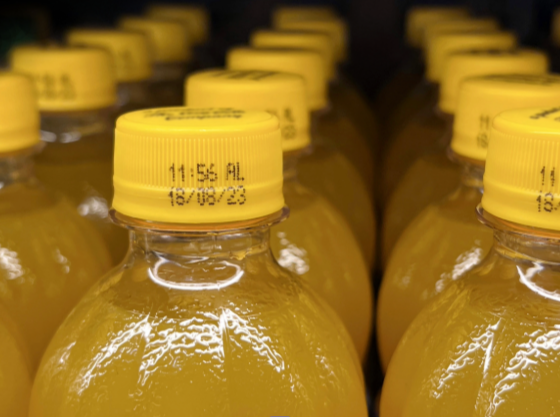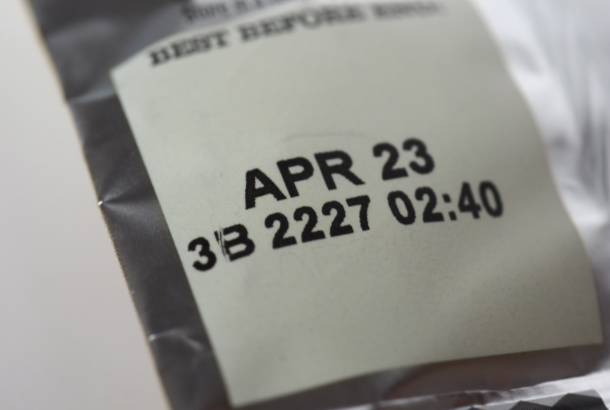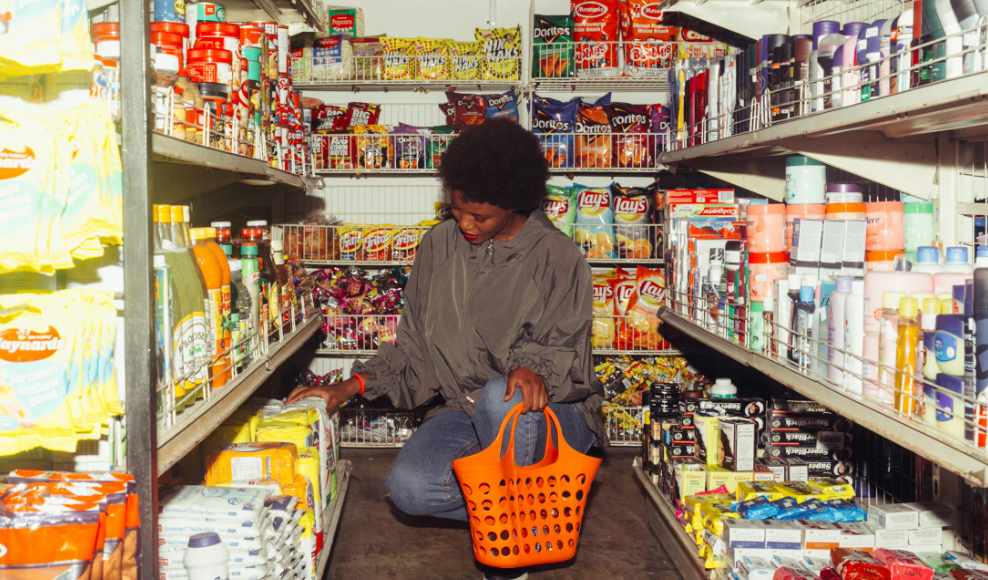Understanding the Meaning of Use-By and Best-Before Dates: How to Stay Safe & Prevent Waste

Food safety is an important part of kitchen management and knowing the difference between and the meaning of a best-before date and a use by date can help you make smarter choices about what food to store and when to throw it out. Many people don’t fully understand the meaning of these dates, which can lead to unnecessary waste or, even worse, consuming food that can pose a hazard to health.
This guide will explain the meaning of best before dates and use by dates, how they can affect food safety, and the best practices to keep your food fresh for as long as possible.
Best Before vs Use by Meaning: What is the Difference Between Best By and Use-By Dates?
Best Before Date
A best before date or best by date refers to the time when a product is at its best quality. It can also often be written on products as BBE (Best Before End). After this date, the food is still safe to eat if it has been properly stored, but the taste, texture, or nutritional value may decline. Essentially, it is best to eat the food before for the best possible quality, but it is still safe to eat!
Use-By Date (Expiration Date)
A use-by date, also known as an expiration date, is the main safety indicator. After this time, the food can spoil or become unsafe to eat. To prevent food poisoning, you should always check and follow this date closely.

How to Prevent Food Waste While Following Expiration Dates
Food Waste is a big problem and can be particularly annoying when expensive food that you have bought goes bad. Here are some tips to make it easier to keep control of food staying fresh for longer and reduce unnecessary food waste. Huge amounts of food get thrown away due to misunderstanding the best before and use by dates and their meaning. It is key to remember that food that has passed the best before date is still safe to eat!
Sensory Signs
Look and smell food to check for changes and determine its safety yourself! If you see changes in appearance, like visible mould or discolouration that was not present before or of the product smells different than usual. Use this method along with the best before date to determine the food’s safety. However, this is not a suitable method for use by dates, sometimes the hazardous bacteria cannot be seen or smelt.
Here are some tips to prevent food waste

1. Plan Your Meals Around Expiration Dates
Instead of letting food stay in your fridge too long, prioritise and plan meals based on what’s expiring first. Keep a list of food items with the nearest expiration date and use them before buying new groceries.
2. Freeze Food Before It Expires
If you know you won’t eat something before the best-before date, store it in the freezer to extend its time. Many foods can be frozen. Just ensure they’re properly stored in airtight containers.
3. Use Leftovers Creatively
- Turn leftover vegetables that no longer taste their freshest but are still before their use by dates into soups or stir-fries.
- Blend overripe fruits into smoothies instead of throwing them away.
4. Follow the Storage Instructions on the package
Improper storage can lead to food going bad even before the dates written on the packaging. Rember the expiration date is only correct provided you store the item as per the storage instructions.
5. Keep the fridge and freezer at the correct temperature
- Use a fridge / freezer thermometer to monitor and record to ensure your fridge is at the correct and ideal temperature.
- It is best practice keep your fridge under 4 degrees Celsius
6. Label food you have cooked yourself
If you have cooked something yourself, don’t forget to label it with the day when you cooked it
Final Thoughts: The Main Takeaway on Expiration Dates
Understanding best-by dates and expiration dates will help you stay informed about food safety while also reducing waste. By following proper storage practices, monitoring temperature control, and being mindful of food freshness, you can ensure your food will stay safe and last longer.
Always check food before consuming, store it at the correct temperature, and act responsibly to prevent spoilage. These important steps can make a huge difference in food safety and overall kitchen management. By applying these best practices, you can take full control of your food storage system and make sure your meals are always fresh, safe, and delicious!


